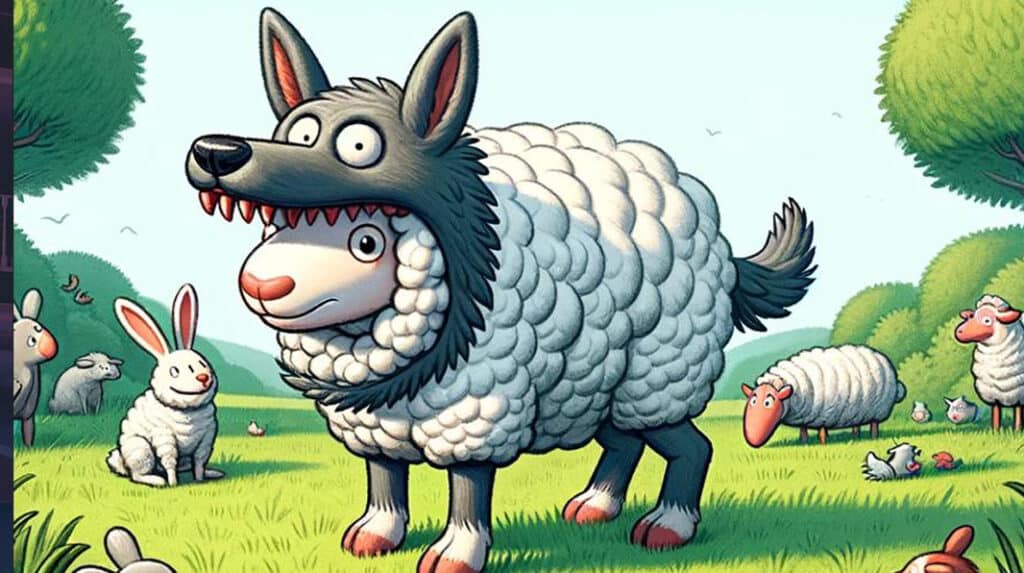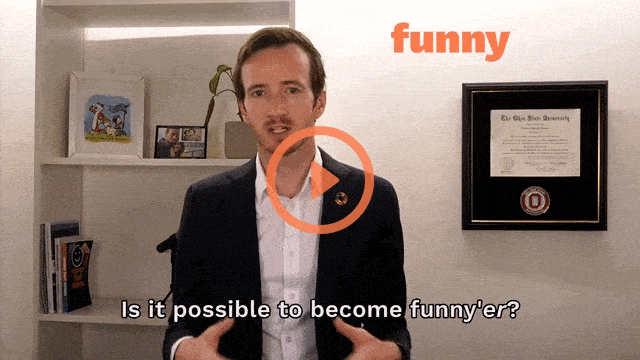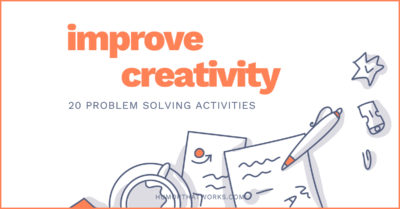Every now and then, I’ll go to a yoga class with Pretzel (my wife). On two different occasions, different yoga instructors have shared the same fable during class, the one about Two Wolves:
An old Cherokee is teaching his grandson about life. “A fight is going on inside me,” he said to the boy. “It is a terrible fight and it is between two wolves. One is evil – he is anger, envy, sorrow, regret, greed, arrogance, self-pity, guilt, resentment, inferiority, lies, false pride, superiority, and ego.”
He continued, “The other is good – he is joy, peace, love, hope, serenity, humility, kindness, benevolence, empathy, generosity, truth, compassion, and faith. The same fight is going on inside you – and inside every other person, too.”
The grandson thought about it for a minute and then asked his grandfather, “Which wolf will win?”
The old Cherokee simply replied, “The one you feed.”
Both times I heard the story, I had tears in my eyes. Not because of the story but because I’m really bad at yoga. No, both times I heard the story, I admit that I rolled my eyes.
I thought, “We’ve all heard this before, can we just move on so I can stop doing downward facing dog?” It was only after this last time that it then dawned on me, “wait, which wolf am I feeding right now as I belittle this story about wolves?”
There are an (almost) infinite number of ways to look at any given fact in your life.
If you’re always searching for what’s wrong, you will likely find it. By extension, if you’re always searching for what’s right, or what’s funny, or what’s joyful, you will likely find that too.
To understand why you think the way you do, you first need to know how the human brain operates..
Your brain is obsessed with you. Which makes sense, its primary purpose is to keep you alive so that it stays alive. And it does that by:
- Avoiding danger
- Avoiding pain
- Seeking rewards
- Periodically listening to Stayin’ Alive by the Bee Gees
If your basic needs are met AND you’re not in any physical pain or in immediate danger BUT you’re still unhappy – then one very plausible reason for your unhappiness is inside your head. That’s not to say that it’s “made up” or “trivial,” just that it’s something going on in your brain, not in the rest of your body or environment.
We value our fear because when we were hunting and scavenging in the wild, it kept us alive (perhaps by avoiding two wolves).
Today, it gives us a false sense of control, and we think it keeps us safe, so we seek more of it. We watch more news, soak in more social media, read more opinions, and post more angry rants on Facebook pages.
And because your brain is obsessed with your safety, your hyper-cautious rational brain has a bias for searching for problems. But it doesn’t stop there, it tends to exaggerate them. Your brain is like that person you know from high school… it loves drama.
You might be okay right now, but what about later today? Or tomorrow? The day after that? Surely something could go wrong within the next 7 days, especially if you watched The Ring.
Unfortunately, fear and unhappiness are skills like any other. The more you practice it, the easier tapping into it becomes and the higher the chances of it becoming your default response. Some people are really really good at being unhappy, it’s almost impressive.
That’s because your brain will master whatever you spend your time doing. It won’t stop until you decide to stop.
This is why I always talk about happiness being a personal choice in my keynote presentations.
Everything we encounter in our modern life seems to stress us, either out of fear for our safety or fear that we’re not doing enough. And in a world where reliability, predictability and delivering results are prioritized, we are incentivized to focus on our thoughts and actions, not emotions.
All of this is painfully ironic and not just because I’m an engineer talking about emotions. It’s that even the most pragmatic of parents will tell you that, at the end of the day, what they wish most for their child is “happiness” – an emotion.
I talk to a lot of parents on the playground and I’ve yet to hear any of them say “I wish my daughter had an insatiable appetite for more, so she always feels like she has less than she deserves and never truly appreciates the value she brings to the world.”
And yet, isn’t that what we choose to do with our lives, or rather, let our brains do?
For the fellow Type A ambitious people reading this: don’t worry. Making the choice to be happy with your life does not weaken your resolve to improving it. It should simply make you aware and grateful for all that it is while you also work to make it all that it could become.
If you’ve done the Humor Persona Quiz, then you know I love Humor Enthusiasts. They understand all of this intrinsically (or learn to understand it) and that’s why I enjoy having enthusiasts around me. Enthusiasts are a reminder to enjoy the little things in life – something that doesn’t come naturally to me.
The good news is that you can change your own brain, what wikipedia told me neuroscientists call neuroplasticity. That means your brain is a bit like Play*Doh in that you can shape your own happiness or unhappiness through repetitive training and certain habits.
You can literally choose to be happy, and that is a wonderful gift our brain has given us.



